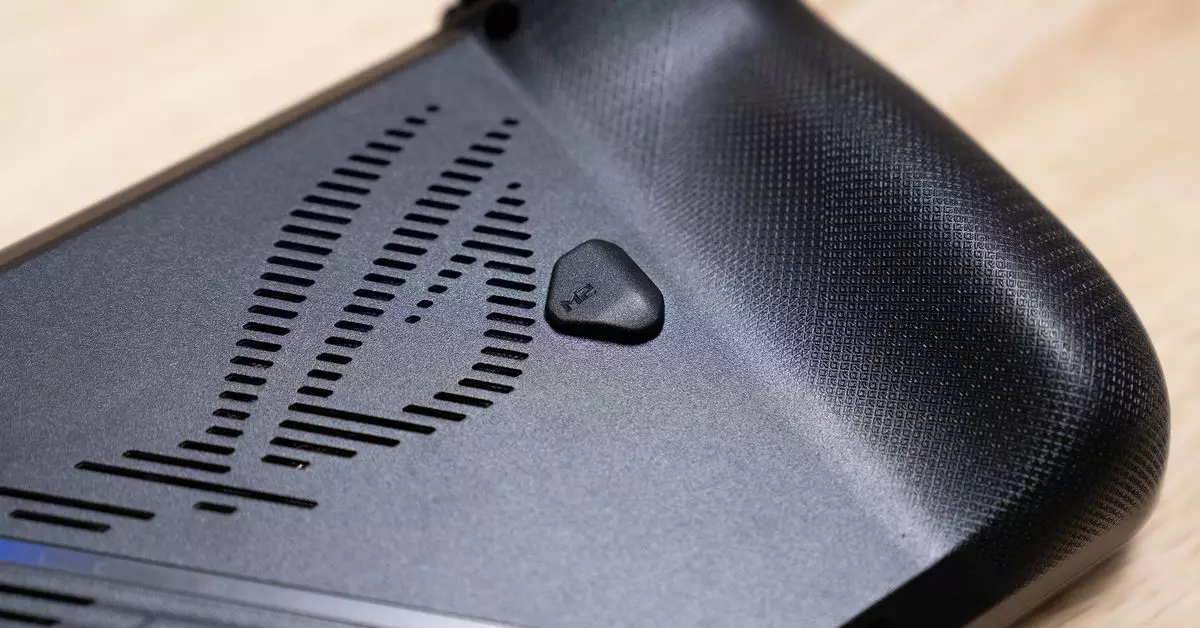Valve, a leading company in the gaming industry, initially envisioned a future where every PC maker could have their version of a “Steam Machine” – a PC game console running Valve’s Linux-based SteamOS. This dream eventually led to the development of the Steam Deck gaming handheld, a project that took a decade to materialize. Despite the long journey, Valve has not abandoned its original vision of allowing other companies to utilize SteamOS.
Recent developments have shed light on Valve’s intentions to support rival handhelds such as the Asus ROG Ally gaming handheld. Valve designer Lawrence Yang confirmed that the company is working on providing support for extra keys specifically for the ROG Ally in their SteamOS release. This revelation indicates Valve’s commitment to expanding the reach of SteamOS beyond its own hardware.
Yang’s statement regarding the support for additional handhelds on SteamOS demonstrates Valve’s dedication to enabling third-party device compatibility. While Asus may not officially endorse Valve’s installer or offer the Ally with SteamOS due to various reasons, such as Microsoft’s validation process for Windows devices, Valve remains focused on advancing the support for rival handhelds.
In addition to supporting rival handhelds, Valve also aims to allow Steam Deck users to dual-boot Windows on their devices, providing the flexibility to switch between operating systems. Despite the ongoing work on making Windows drivers available for the Steam Deck OLED, the timing for dual boot support remains uncertain. Valve reassures users that dual-booting is a priority, although it is currently not in immediate development.
Valve’s initiative to extend its Linux-based SteamOS and controller-friendly Steam UI to Windows handhelds signals a shift in the traditional gaming landscape. Companies like Universal Blue have already demonstrated compatibility with devices like the Asus ROG Ally X, showcasing the potential for SteamOS to expand beyond its original ecosystem. While Valve continues to make progress on SteamOS 3 for non-handheld PCs, the transition to a wider range of devices remains a work in progress.
Valve’s evolution from the concept of Steam Machines to the development of the Steam Deck and its plans for supporting rival handhelds and enabling dual-booting with Windows highlight the company’s commitment to innovation in the gaming industry. As Valve continues to push the boundaries of gaming technology, the future of Steam Machines appears to be more inclusive and versatile than ever before.


Leave a Reply